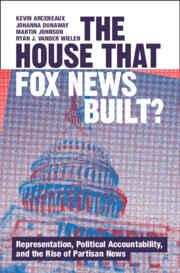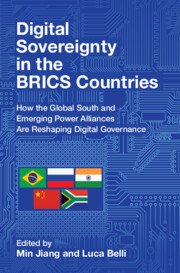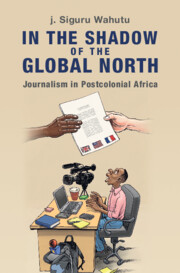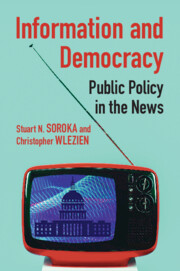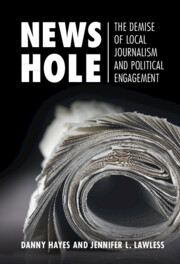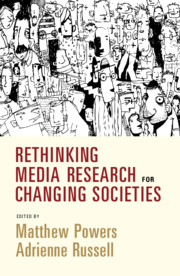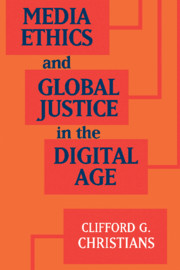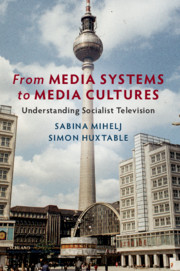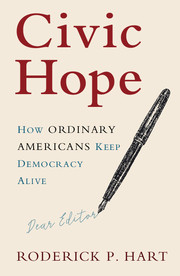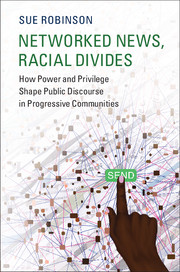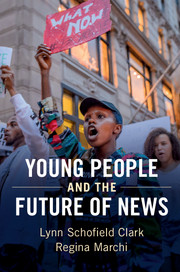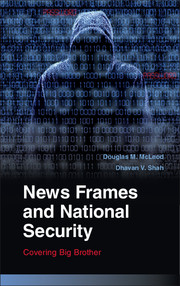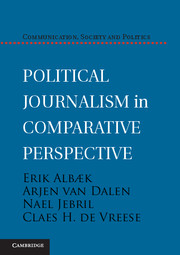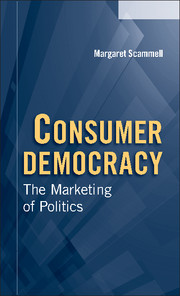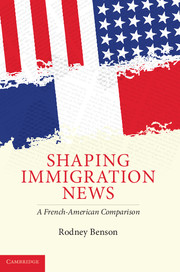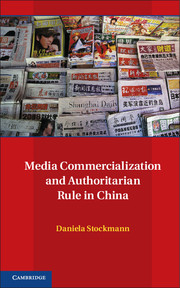Communication, Society and Politics is a series that probes the political and social impacts of communication processes and systems in national, comparative, and global contexts. The series adopts a broad definition of politics as the exercise of power within and between nations, which includes the social, cultural, psychological, and institutional underpinnings of politically significant communication. The series includes a diversity of methods and views, with an emphasis on questions about democracy, equality, justice, and other normative concerns. In recent years, politics in societies across the world have been transformed by communication technologies that blur traditional definitions of news, the nature of citizenship, and the boundaries between public and private life. Many democracies face challenges due to disruptive communication processes operating in the context of declining levels of trust in public institutions, including legacy journalism. One result of these trends is the spread of disinformation by illiberal movements and parties that aim to undermine science, the press, civil society organizations, and other traditional public information sources. A related trend involves the growth of authoritarian regimes that rely on media systems and communication strategies to manage publics. Within these broad trends are many other important communication developments in which communication technologies and networked organization have impacted human rights, climate change, new forms of citizenship and inclusion, and personal political expression. Communication, Society, and Politics provides a platform to explore how people in different societies engage with the ideas that organize their lives.
